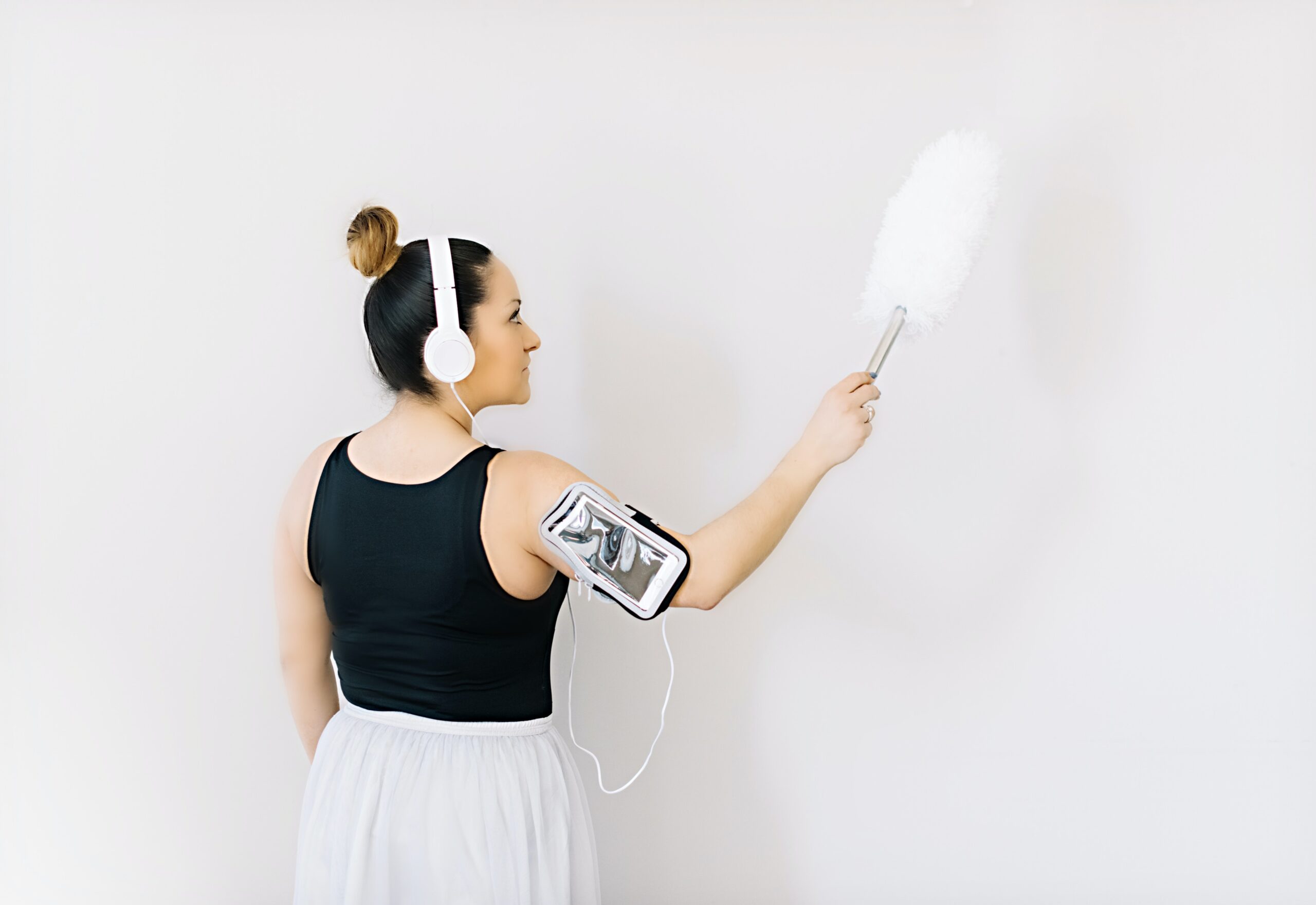Some people love to have a solid daily routine, while others shiver at the thought of having a predictable schedule. During times of great stress, however, maintaining structure and routine can help you feel more organized and in control.
Having a routine can be helpful at any time, particularly if you are trying to establish healthy habits, but these routines can be particularly important when aspects of your life feel uncertain.
A Sudden Lack of Structure
Many people are either working from home or faced with the prospect of an unknown period of unemployment. Those working at home may quickly discover that the constant isolation and lack of a normal schedule can be mentally taxing.
When people don’t have a routine or structure to their day, it can cause increased stress and anxiety, as well as overwhelming feelings, lack of concentration, and focus.
A lack of structure and routine can actually exacerbate feelings of distress and make you pay more attention to the source of your problems. If people don’t have structure and are sitting around with less to focus on, then they also probably will find themselves thinking about the stressful situation more, which can also lead to additional stress and anxiety.”
One way to get out of this cycle that promotes ruminating over the source of your stress is to maintain some structure and routine throughout your day.

The Benefits of Having a Routine
Research has consistently shown that routines can play an important role in mental health. One study, for example, found that routines could help people better manage stress and anxiety.
Having a regular routine can help you:
- Lower stress levels
- Form good daily habits
- Take better care of your health
- Feel more productive
- Feel more focused
Getting necessary tasks out of the way can also help you find more time for healthy behaviors like exercise and leave you more time to enjoy fun activities and hobbies.
Focus on Things You Can Control
Managing your own behaviors can help you feel more in control of the situation. Its recommended to focus on the things that are within your power to control.
A good place to start with creating a new routine is to set wake-up and bedtimes, as well as meal and activity times.
The key is to create a routine that adds structure and a sense of predictability to your day. Of course, your schedule may change somewhat depending on the day of the week, but sticking to a basic structure for when you will wake, eat, work, do activities, and sleep can help you feel less stressed out and more organized.
Structuring your day also ensures that you accomplish those basic tasks that must be done, which will leave you with the time to schedule in other things that you want or need to accomplish.
You’ll feel more organised and productive with a regular routine, which will help you feel more proactive and in control in the face of a stressful situation.

Follow a Routine That Supports Your Health
There are some things that you can make a part of your daily routine to help manage stress levels. These include:
- Staying active and getting regular daily exercise
- Making sure that you are well-rested
- Eating healthy meals on a regular schedule
- Setting realistic goals
- Trying to stay positive
- Preparing for challenges but not dwelling on things you can’t control
- Staying in touch with friends and family members
- Setting aside time for activities that you enjoy
Of course, the situation you personally are coping with can also affect how easy or hard it is to stick to a daily routine.
Make Your List
One helpful activity is to make a list of the things that you normally do during the day. Include everything from work to meal preparation to household chores. Once you have an idea of the basic tasks you need to accomplish, you can start creating a general outline for what you might need to accomplish each day to stay on track.
Stress can make it hard to concentrate, so outlining these daily activities can help you better focus on what’s important.
While it’s important to get the essentials done, be sure to find things that you can look forward to, whether it’s watching a favorite television show or calling up a friend. Making these little rewards a part of your routine can help you stay upbeat and focused when you are working on a task that you might not enjoy as much.

Find What Works for You
Is it better to have a structured daily schedule or just a general to-do list for the day? Some people might thrive with a highly structured daily schedule that outlines activities in specific blocks of time, while others might do well with a loose list of things they need to get done in the day.
How do you decide which approach is right for you? Consider your motivations as well as what you need to get done. If it is something that is of high importance and needs to get done on a specific day, then scheduling it into your routine and carving out that time may be necessary to make sure it gets accomplished.
In other words, deliberately schedule a specific time to take care of those high priority tasks. Knowing that you have that time set aside for those tasks will leave you free to focus on using the rest of your time effectively. It is suggested, that it may be helpful to schedule things that you may not be motivated to do first.
When we don’t feel motivated to do things, it is very easy to procrastinate doing them and they will continue to get pushed for the next day and the next day.
Knowing that you need to do those tasks at a certain time on a certain day will help keep you on track and hopefully overcome the urge to just keep putting them off.

Remember It Takes Time and Practice
Just like trying to create a new habit, starting and sticking to a new routine takes some time and effort. You know yourself best, so if something doesn’t seem to be working, try tweaking your schedule to make it work for your needs.
It is recommended to pay attention to how you feel throughout the day in order to determine what times of day you are the most productive. If you feel like each day you feel unmotivated and lethargic at a certain time, then that is a sign that you may need a mental break at that time.
When you find yourself in those moments, think about what you might need to feel better and get motivated. That might mean that you need to take a break, go for a walk, have a snack, or spend some time working on a hobby.
Structure your day to make in the most of the natural flow of your energy levels. You’ll get more done and ensure that you’re getting what you need in terms of rest and relaxation.
Plans don’t always go as planned, though, so remember to be kind to yourself. This is not the time to put extra pressure and expectations on yourself. It’s not easy to create new routines, or add structure to a day, when our lives feel completely disrupted and turned upside down, so it may take some time to get used to this “new” routine and be able to feel accomplished.”
What This Means For You
While having a routine is important, give yourself some flexibility and don’t beat yourself up if you have trouble sticking to your own schedule. Everyone copes with stress differently. Having a routine can help you maintain a sense of normalcy and focus through tough times, but don’t stress yourself out more if you sometimes deviate from your plans.


Leave a Reply